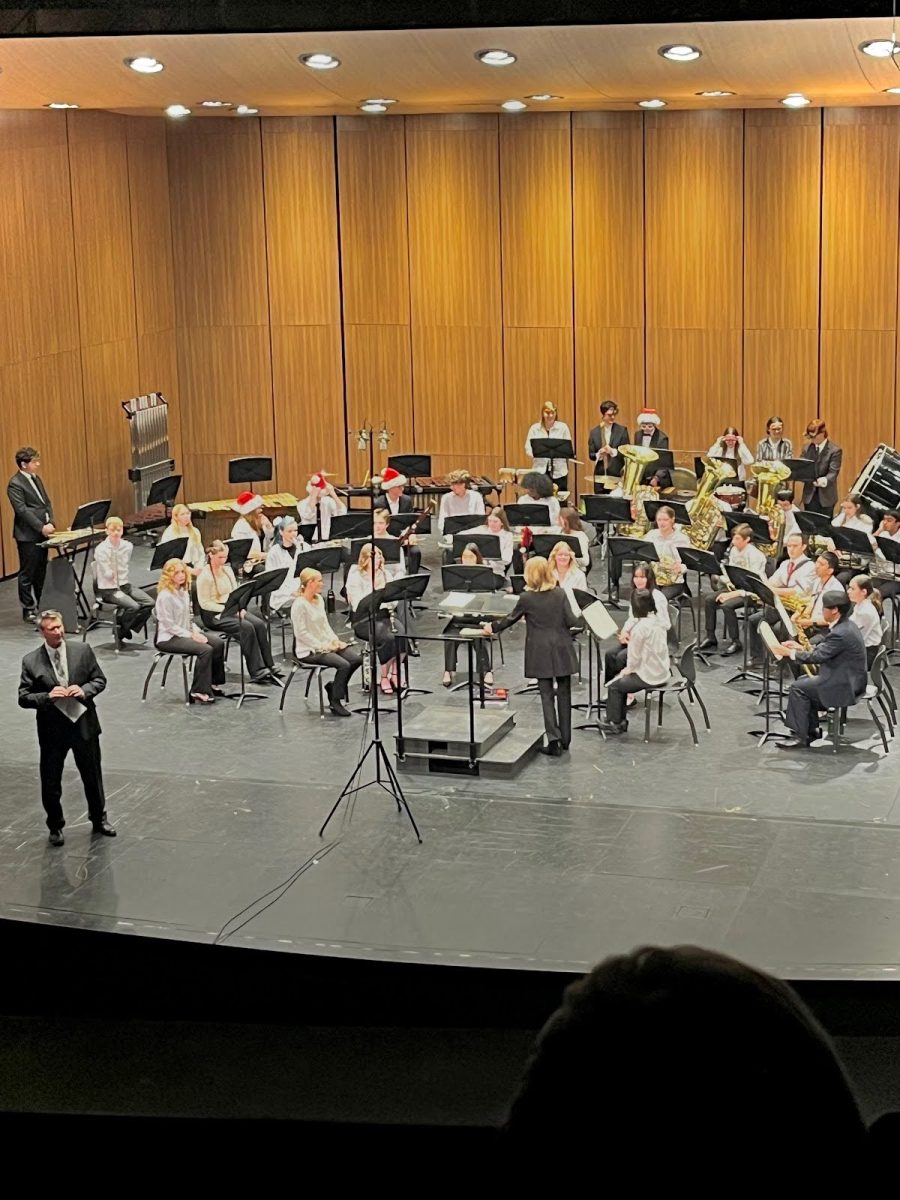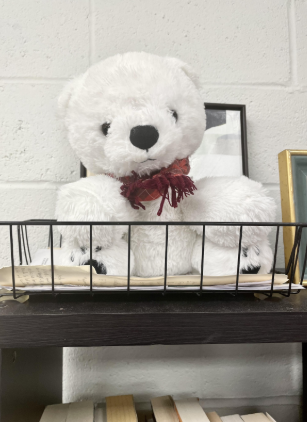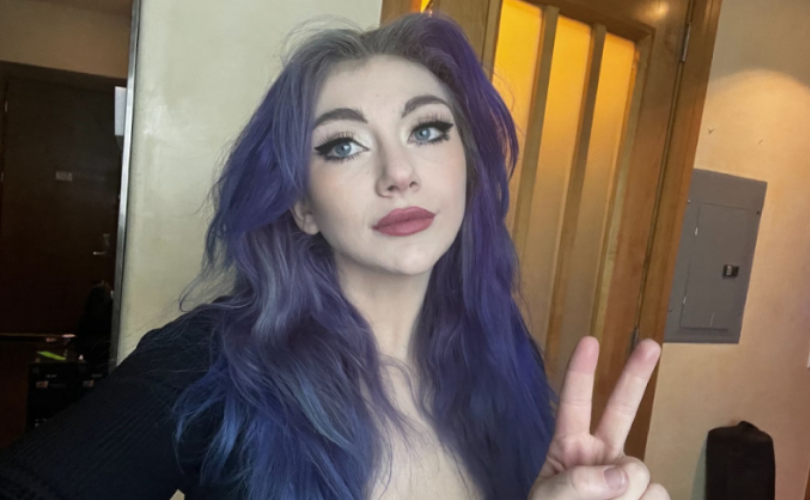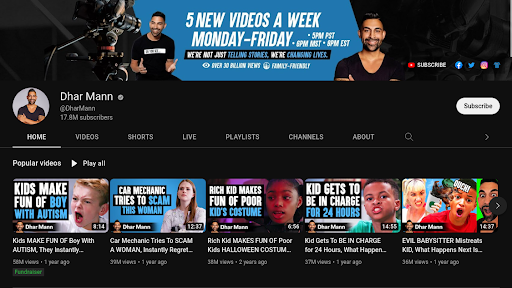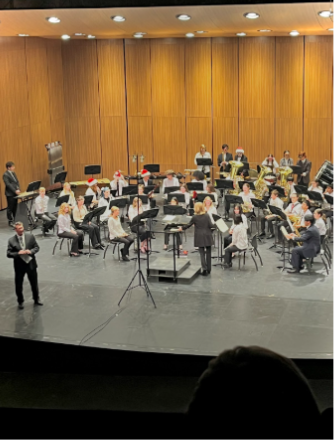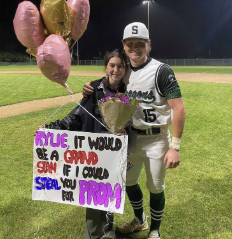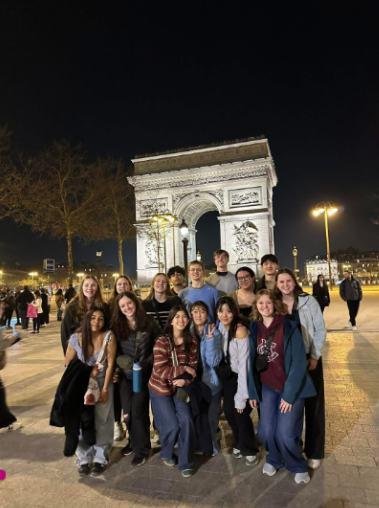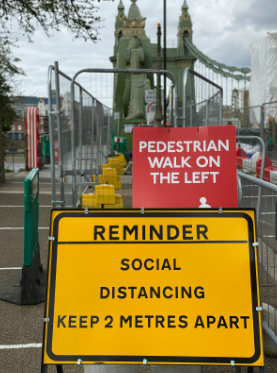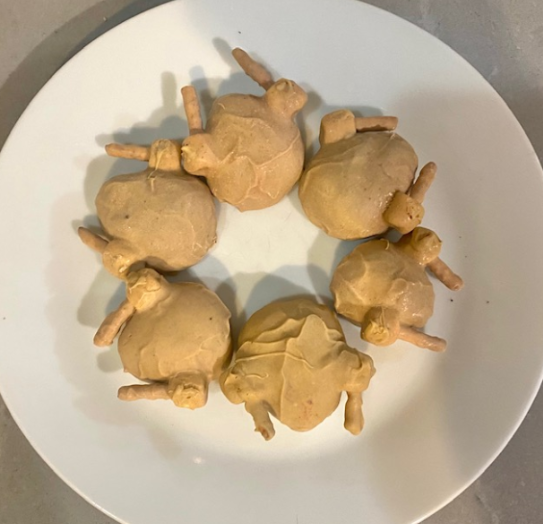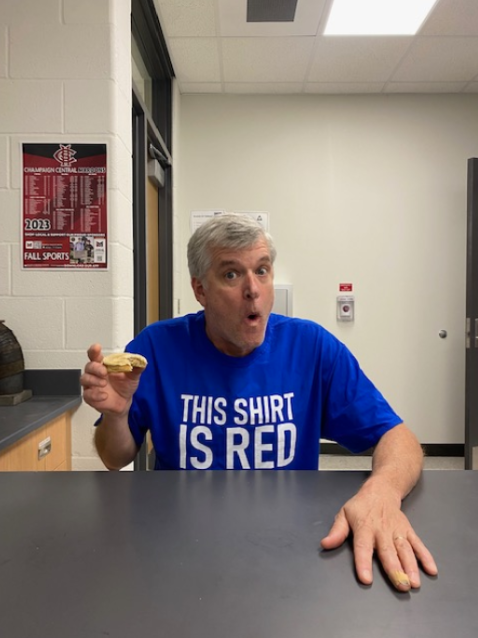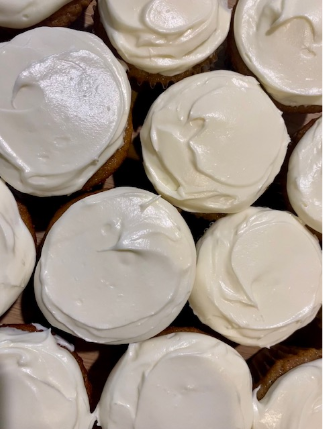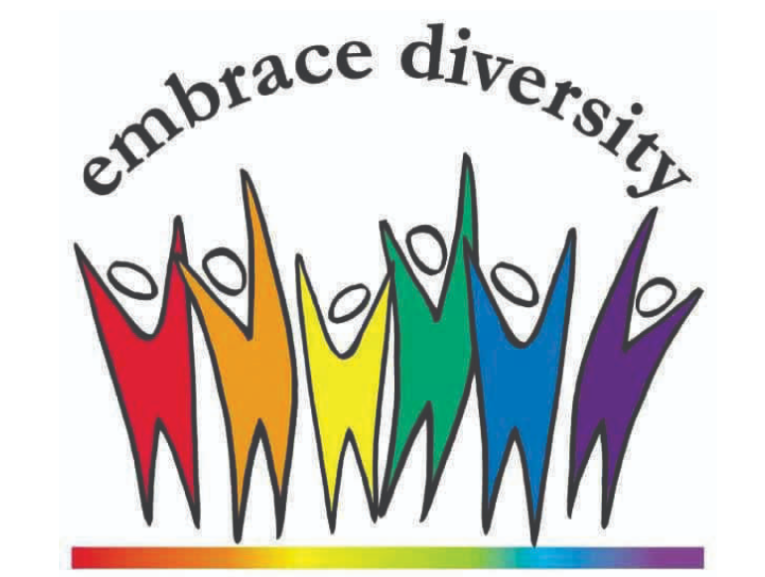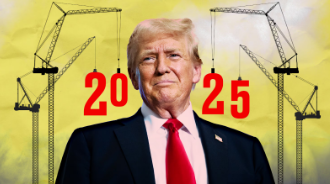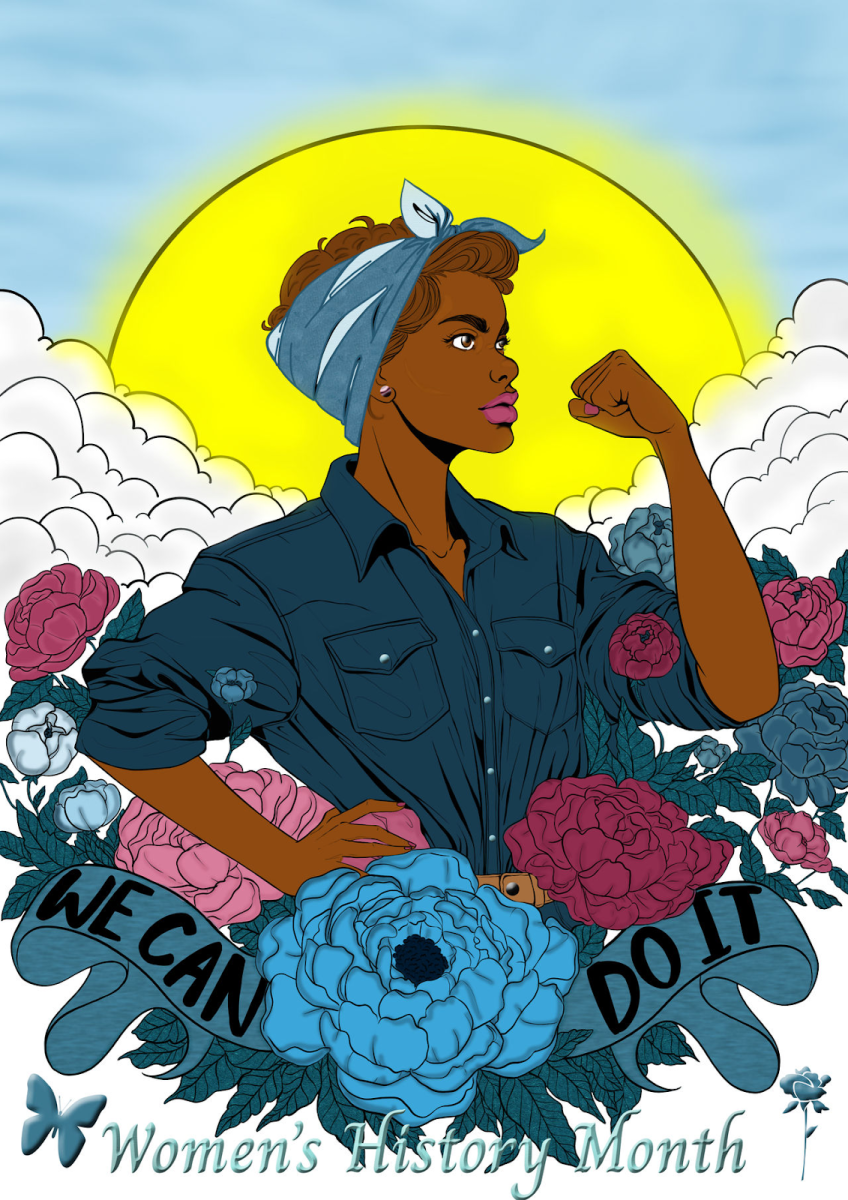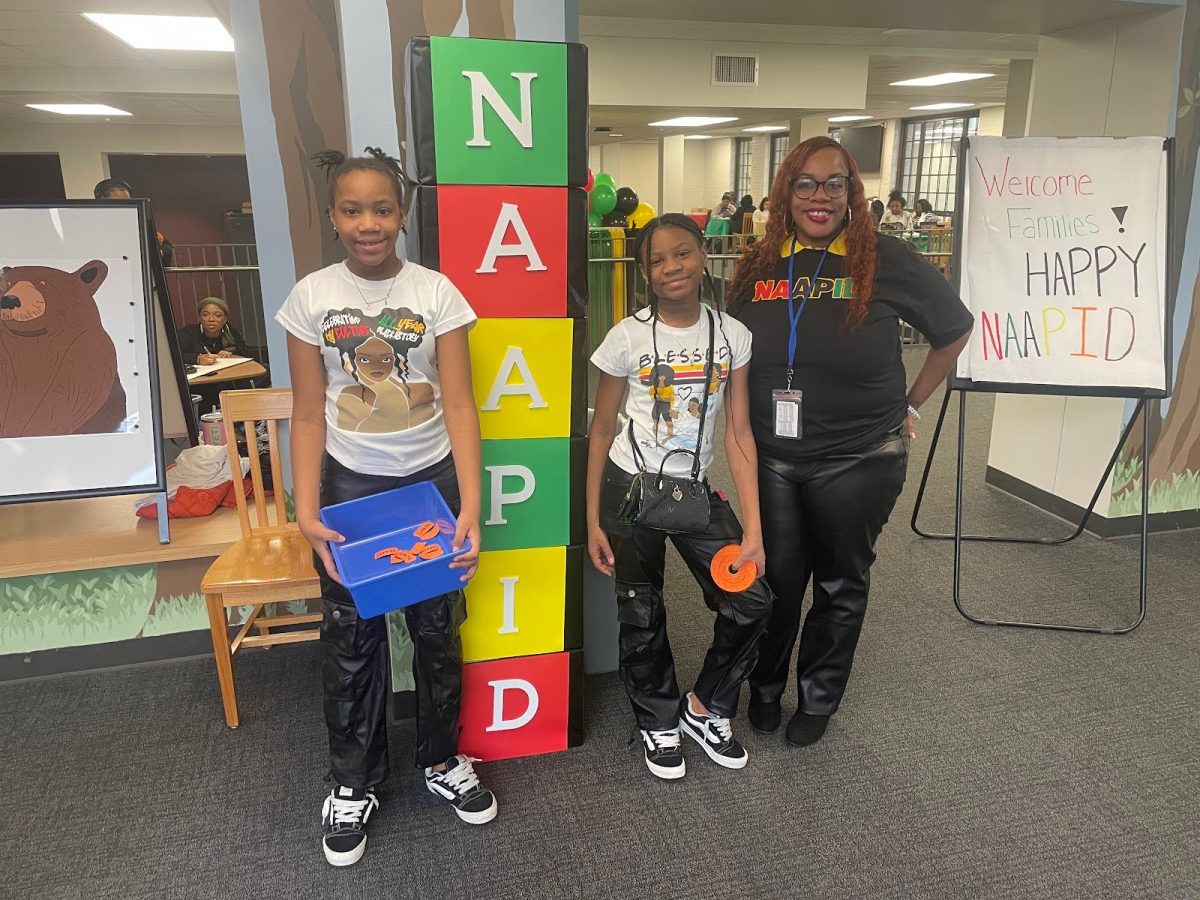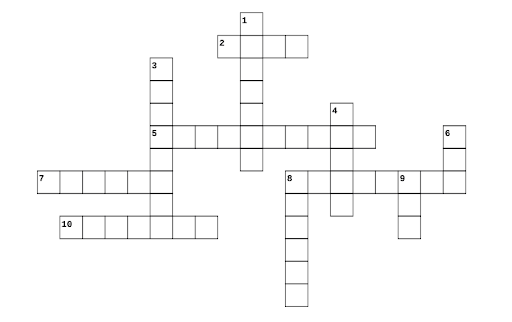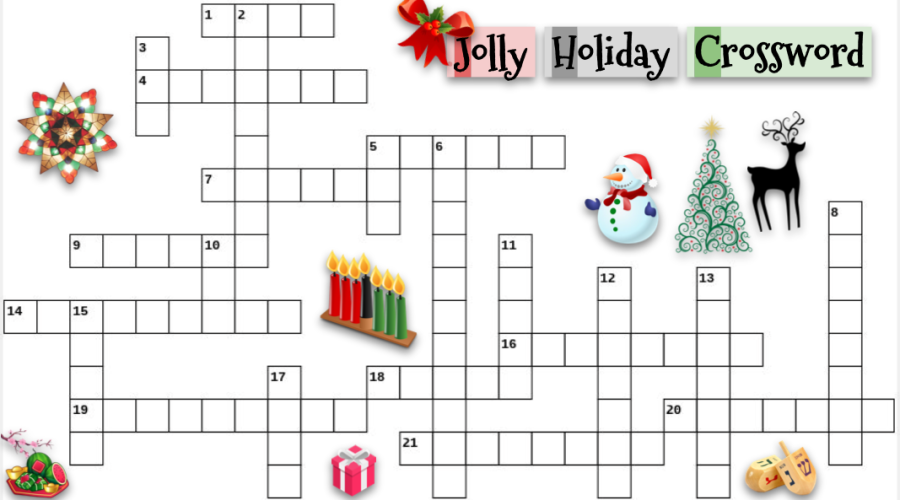National Poetry Month has been around since 1996, introduced by the Academy of American Poets. In order to gain more positive attention, in the US, we dedicate April as National Poetry Month. In this issue, we dive into the lives of a few notable poets who have shaped poetry into what we know today.

Maya Angelou, Flickr, Creative Commons
Maya Angelou, born on April 4th, 1928, is one of the most well-known poets of all time. Not only was she a poet, she was also a civil rights activist. Angelou has published seven autobiographies and several amazing poems that we still read today. Some of her most notable works are “Phenomenal Women,” “Still I Rise,” and “Caged Bird.” Angelou had hard times in her life, especially during childhood when trauma made her go mute for six years, and through it all, according to The National Women’s History Museum, “she wrote essays, poetry, and kept a journal.” Her interest in writing had been a part of her and she grew to make something great with it.
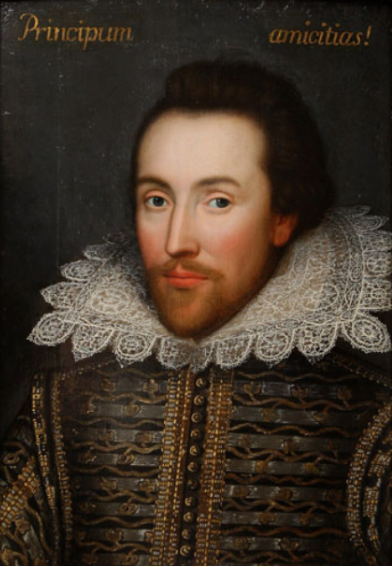
William Shakespeare, Flickr, Creative Commons
William Shakespeare was an English poet, playwright, and actor, born in 1564. Shakespeare’s work was very present during the English Renaissance, sometimes called the early modern period. Shakespeare was a very active writer, accumulating 38 plays, 2 narrative poems, 154 sonnets, and a variety of other pieces. Central English teacher Sara Jones says, “I admire Shakespeare for the volume of work that he cranked out to support himself and to support his family that also said real things about human beings.” After Shakespeare’s death, his work was collected for publication. The writings were pulled together to be called First Folio, Folio refers to the size of the paper he used. According to the Shakespeare Birthplace Trust Shakespeare “continues to be one of the most literary figures of the English Language.
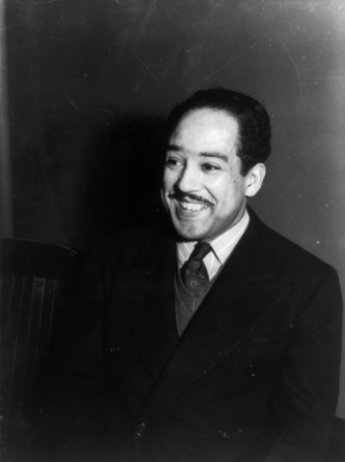
Langston Hughes, Picasa 2.6, Flickr, Creative Commons
Langston Hughes was a central figure in the Harlem Renaissance. He was not only a poet but a novelist, short story writer, and a play writer. According to the Poetry Foundation, Hughes “sought to honestly portray the joys and hardships of working-class black lives.” His work was widely criticized by people of color because to them he portrayed an “unattractive” view of black life. Despite both black and white critics, Hughes became the first black American to make a living off of his writing and his public lectures. Central teacher, Taryn Smith says, “He opened minds to a different perspective, especially representative of voices unheard.” With a life full of writing, Hughes reached thousands of people with his words, and even after his death in 1967, his words continue to be heard today.

Sharon Olds con Óscar Curieses, Wikimedia Commons, Creative Commons
Sharon Olds created her first poem when she was thirty-seven years old. From there, according to the Poetry Foundation, Olds became the “author of twelve books of poetry.” Not only is her work about actual human lives, she also addresses world problems, such as age and politics. According to another Central teacher, Mrs. Graziano, “She [Olds] has a way with images that I think is probably unmatched in contemporary poetry.” Sharon’s work is less known than many other poets but just like them, she made a difference. “Olds is the Erich Maria Remarque Professor of Creative Writing at New York University’s Graduate Creative Writing Program, where she helped to found workshop programs for residents of Coler Hospital, and for veterans of Iraq and Afghanistan. She lives in New York City” She put her skills to good use and helped those around her.
Poetry is in our roots, it’s been around for years and many more years to come. A sophomore Central student, Adelaide Kota spoke about why poetry is important today. To her, it’s because “poetry is a different mode of storytelling…it uses words but in a way that goes beyond their meaning. Poetry is based on feeling.”
Not only does it give us something to connect to, it gives us a healthy outlet for words that might be harder to say. There are no bounds to poetry, anything can be said, and anything can be interpreted. Kota says, “Poetry allows me to explore things outside of those constructs and mess around with how the words are read as well.”
Maya Angelou Info – Here, Here
Shakespeare Info – Here
Langston Hughes Info – Here
Sharon Olds Info – Here
